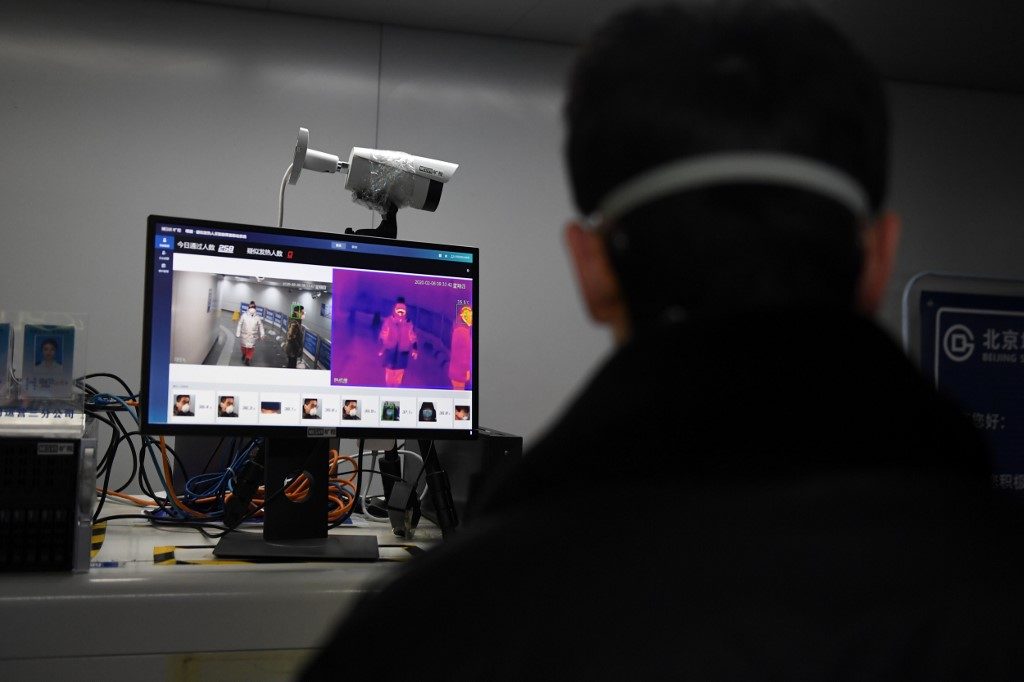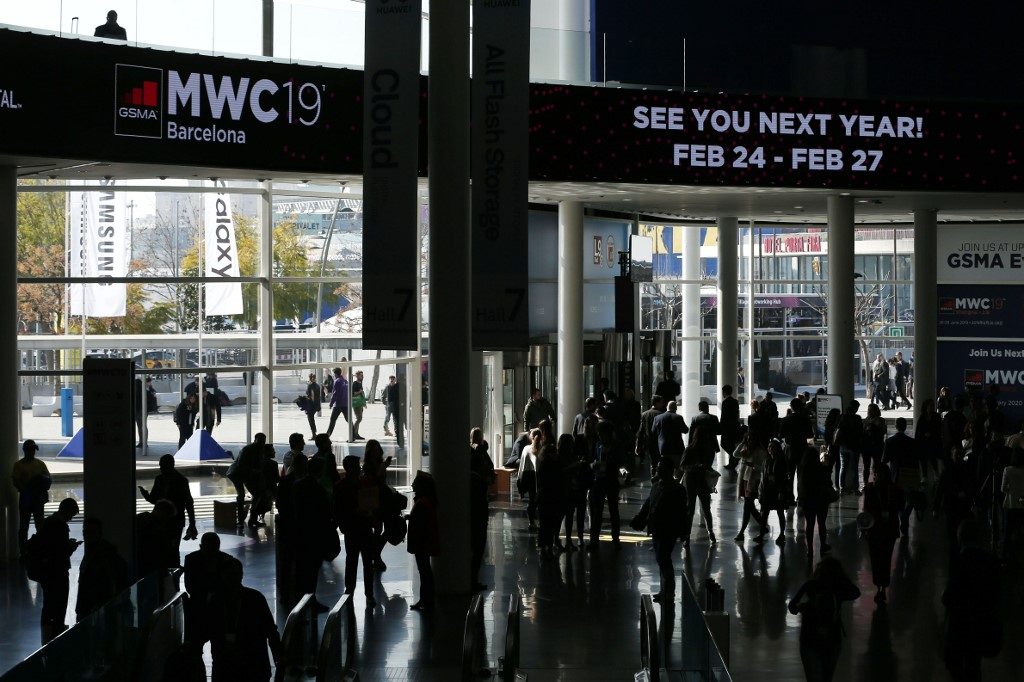SUMMARY
This is AI generated summarization, which may have errors. For context, always refer to the full article.

The coronavirus has affected not only the health of more than 100,000 people, but also the lives of many.
From work and school stoppages to the cancellation of events around the world for both business and leisure, the coronavirus is making its presence felt even to those who haven’t fallen ill.
The technology sector is no different, and may even be more gravely affected in some ways compared to other business sectors. Let’s take a look at just how the coronavirus has changed the tech industry in recent weeks.

Projecting less than ideal scenarios
Tech companies have projected losses due to the coronavirus outbreak, with shipments of gadgets and other devices also expected to be affected as a result. In late February, Statista pointed to global smartphone production being about 10% lower than expectations due to the virus, with similar effects on everything from televisions to smart watches.
 You will find more infographics at Statista
You will find more infographics at Statista
Microsoft and Apple have also both said they expect less than ideal revenue forecasts for the quarter.
Supply chain issues are said to be partly to blame, with Microsoft saying that while there is demand for Windows “in line with our expectations, the supply chain is returning to normal operations at a slower pace than expected.”
Meanwhile, Apple said it did “not expect to meet the revenue guidance we provided for the March quarter,” as worldwide iPhone supply would be “temporarily constrained,” with demand in China also being affected.
Game console maker Nintendo has also expressed issues supplying its customers with enough Switch consoles or specific game titles due to the outbreak. Konami, meanwhile, may not have enough of its retro game consoles out to fulfill orders as well, leading to inevitable delays getting them to buyers.
China’s exports are also down as a result of the coronavirus.
In the country’s tech sector, for example, people can’t work for a variety of virus-related reasons. Foxconn, which makes components for a variety of tech companies, has had to temporarily close some of its locations and quarantine workers, bringing its operations to only about 50% in March.

Canceled conferences
There have been numerous canceled conferences and tech events as a result of the coronavirus, too.
Here’s an quick list of some of the major canceled, postponed or otherwise now virtual-only conferences:
- Mobile World Congress – canceled
- Game Developers Conference – postponed
- Facebook Global Marketing Summit – canceled
- Facebook’s F8 conference – canceled
- Geneva Motor Show – canceled due to order against holding events with more than 1,000 people
- Microsoft MVP Global Summit – now a virtual event
- Dell Technologies World – now a virtual event
- Paris Blockchain Week Summit – postponed to December
- SXSW – canceled
- Google I/O – canceled physical event
Work-from-home schemes
Concurrent with more people getting sick, tech companies are also putting out the alert to lessen the possibility of infection by instituting work-from-home plans.
Tech firms in Seattle, which include Amazon, Facebook, Google, and Microsoft, have made the call to let employees work remotely.
Twitter announced this week it would let its employees work from home to help prevent the spread of the coronavirus. Said the company’s human resources chief, Jennifer Christie, “We are strongly encouraging all employees globally to work from home if they’re able.”
Facebook closed its London and Singapore offices temporarily as a staff member working at its Marina One office in Singapore was diagnosed with COVID-19, but had earlier been to the company’s London office.
Lyft, which has its headquarters in San Francisco, also let employees work from home this week after it learned an employee was in contact with someone who was exposed to COVID-19.
Nintendo of America has also done the same with its California and Washington offices. A statement sent to game news site Kotaku read, “Nintendo of America has taken the precautionary step to allow NOA employees in the states of California and Washington the opportunity to work from home. The safety and wellbeing of our employees is our top priority. We are continuing to closely monitor COVID-19 developments, and share our concerns and support for those affected by the COVID-19 outbreak.”
Game developer Bungie, whose headquarters is in Seattle, is also taking care of both its business and employees by letting employees work from home. Bungie “rapidly built a remote work infrastructure to best support” its operations, including continuing the maintenance, upkeep, and continued development of Destiny 2.
Fighting bad actors
Part of tech’s problem with the coronavirus has been the rise of bad actors seeking to make money off the issue, and tech firms, organizations, and scientists are banding together to make a positive impact as well.
Various tech companies and social media platforms are working to stop bad actors like trolls spreading false information about the coronavirus. At the same time, the World Health Organization, among others like the Philippines’ Department of Health, have also gone on social media to help spread coronavirus information.
More prominently, Vietnam has a now-famous YouTube music video discussing how to help protect oneself against the coronavirus
This was followed up by Vietnamese dancer Quang Dang, who released an Instagram video of a dance that could go with the song.
Online marketplace Amazon, for its part, has also barred more than one million products claiming to cure or otherwise prevent coronavirus.
Finally, in a bit of potentially good news, scientists are urging gamers to help figure out how to beat the coronavirus by playing a game called FoldIt.
The crowdsourced puzzle game has players working to figure out how to neutralize viruses or diseases by folding proteins and altering their structure. The coronavirus was added as a puzzle this week, with the hope that the players on the game can help scientists figure out effective ways of preventing the spread of coronavirus as a result. – Rappler.com
Add a comment
How does this make you feel?
There are no comments yet. Add your comment to start the conversation.